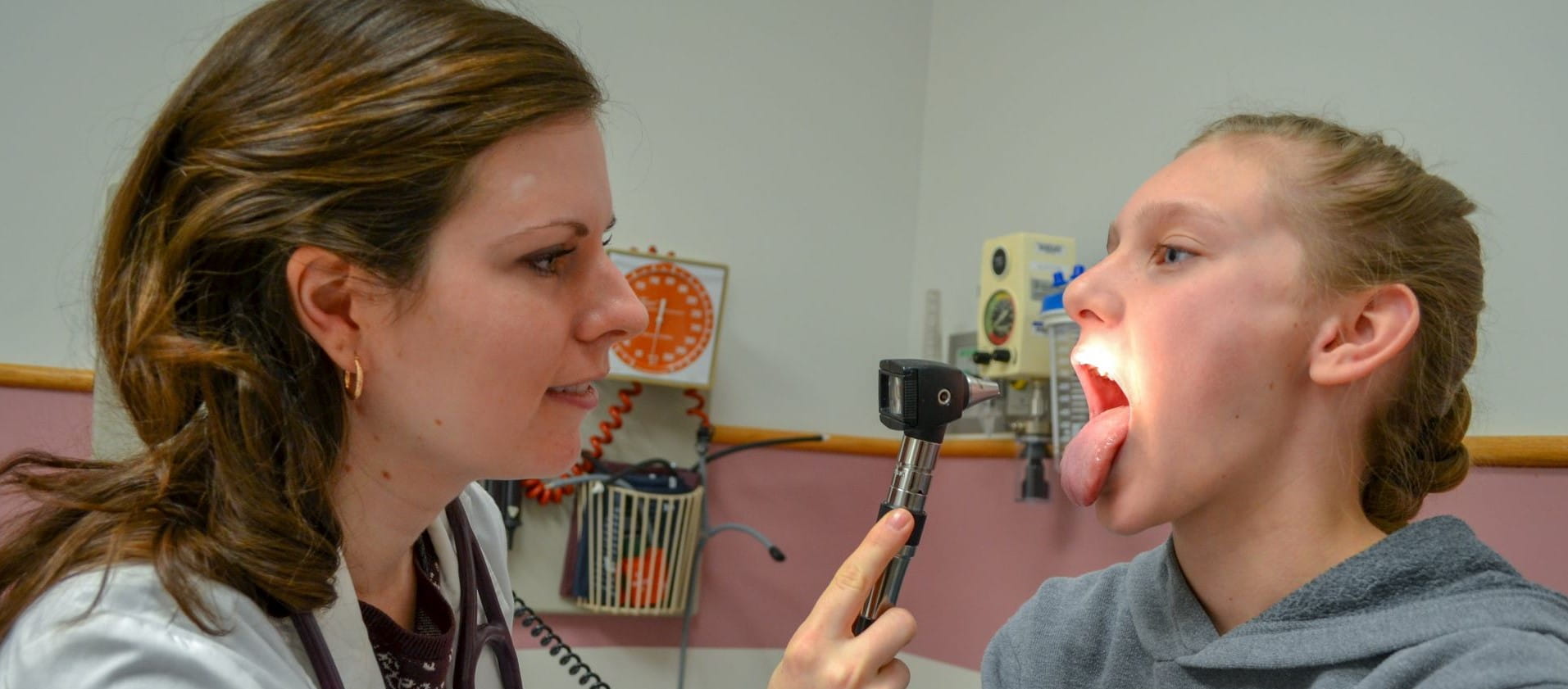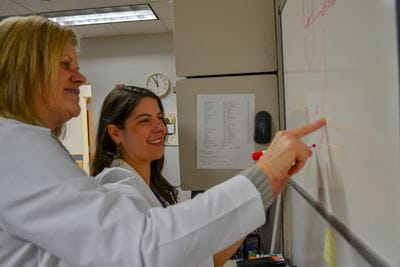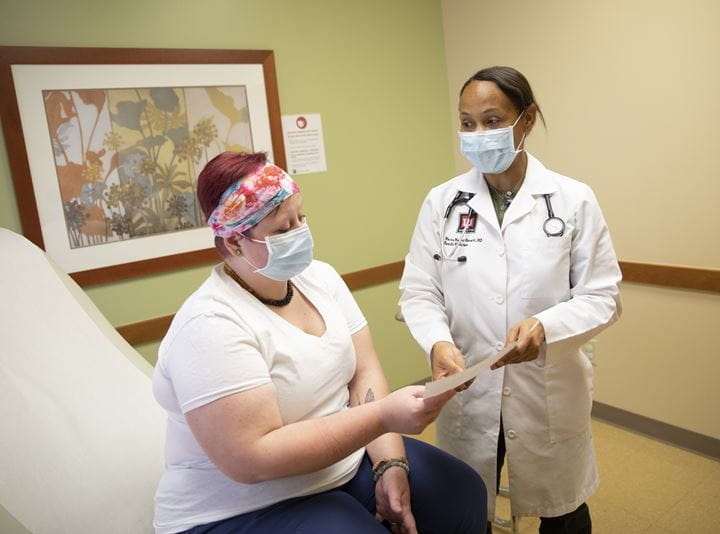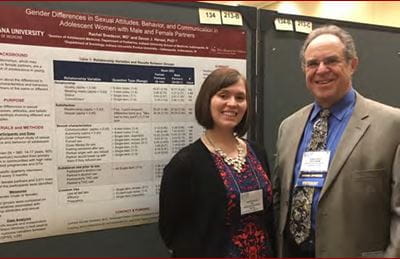The Adolescent Medicine Fellowship program prepares physicians for leadership positions in academic medicine and public health. The program is open to pediatricians, internists and family medicine physicians and includes comprehensive training in tertiary and primary care adolescent medicine, research methods, quality improvement and professional development.
Indiana University School of Medicine provides a rigorous interdisciplinary training experience. Adolescent medicine has faculty from diverse disciplines including psychology and sociology. As an adolescent medicine fellow, you will work with residents and fellows across the School of Medicine, as well as trainees in nursing, social work and psychology. Research and community leadership opportunities for fellows include collaborations in public health, education and social services. This interdisciplinary environment provides opportunities to receive input, education and mentorship from multiple disciplinary perspectives.







